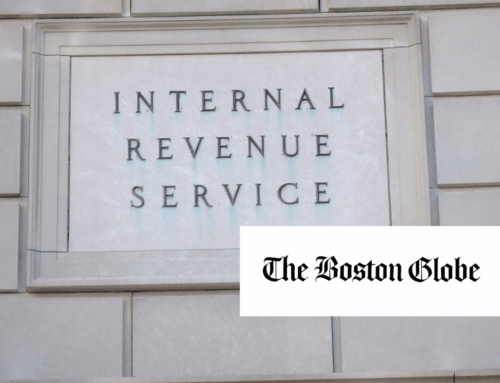The recently averted debt limit crisis may provide temporary relief, but the underlying issue persists. The constant debate surrounding the role of debt not only hinders progress on crucial matters such as appropriations, farm bills, and disaster responses but also exacerbates the growing debt burden. The implications of the debt crisis extend far beyond political wrangling, impacting taxpayers and future generations alike.
First, to be clear. There should not have been a deal. Don’t get us wrong, the debt limit had to be raised. Policymakers already agreed to all the spending and revenue provisions that got the country to the debt limit. That deal—if you want to call it that—was done. So, raising the debt limit is simply an acknowledgment that the U.S. is going to pay its valid debt. There should not have been this wrangling and brinksmanship over the full faith and credit of the U.S. Treasury.
But back to the recently enacted package. It includes the suspension of the debt ceiling for two years, along with the implementation of caps and rescissions. Additionally, there is a handshake agreement on IRS reform and expanded work requirements for services like Supplemental Nutrition Assistance Program (SNAP) and Temporary Assistance for Needy Families (TANF), with some significant exceptions. Yet, all of this fails to address some critical aspects of the debt crisis.
Notably absent from the deal is a comprehensive plan to tackle mandatory spending, which represents an enormous portion of annual spending (two-thirds). Moreover, the absence of revenue generators undermines the potential for sustainable debt reduction. Despite a small relative cut to the growth of defense spending after the increase in FY24, the overall impact remains modest in the face of the immense projected spending over the next decade.
Even with the inclusion of caps and rescissions, doubts persist regarding the effectiveness of these measures. The experience since the last major debt limit crisis (2011) shows that Congress often struggles to adhere to imposed spending limits. Unforeseen emergencies, such as the COVID-19 pandemic and natural disasters, require additional expenditures. The Congressional Budget Office’s (CBO) projections are based on assumptions that may not align with the reality of future events. Ultimately, the biggest wildcard in achieving savings lies within Congress itself.
To truly address the mounting debt challenges, Congress must recognize the significance of deficits and the detrimental impact of debt service costs on taxpayers. One of the fastest areas of spending growth will be the interest paid to service the nation’s debt. CBO estimates that by the end of the decade the amount of cash spent on interest will exceed defense spending. That’s just money out the door.
The only way to tackle interest is to reduce the necessity to borrow so much. Priorities must be set. Disasters, both natural and man-made, necessitate substantial financial resources, so we need to plan and budget for them. Additionally, crucial areas such as infrastructure development and climate resilience require adequate funding.
Congress must stop treating the debt as a mere political football, shifting blame instead of taking decisive action. It is essential to acknowledge that Congress holds the power to approve all spending, and it must take responsibility for its choices. Avoiding tough decisions is not a viable solution; it is time to tackle the debt crisis head-on.
Addressing entitlement reform and revenue generation is crucial in the quest for debt control. Congress must acknowledge that all areas of expenditure should be subject to scrutiny, including sacred cows like defense spending or farm subsidies. Simultaneously, safety nets must be focused on genuine need and promote resilience. Making difficult choices is unavoidable if we are to secure a stable future for generations to come.
The temporary resolution of the debt limit crisis should not remove the urgency of tackling challenging budget issues. The burden of excessive debt falls on taxpayers, siphoning resources away from vital public needs. By adopting a comprehensive approach that encompasses all facets of spending, including entitlement reform and revenue generation, Congress can pave the way for a fiscally responsible and economically stable future. Lawmakers don’t have to balance the budget; they just need to shrink deficits and the growth of debt as a percentage of Gross Domestic Product and let economic growth reduce the burden. It is time to prioritize the well-being of the nation over political expediency and address the debt crisis head-on.











Get Social